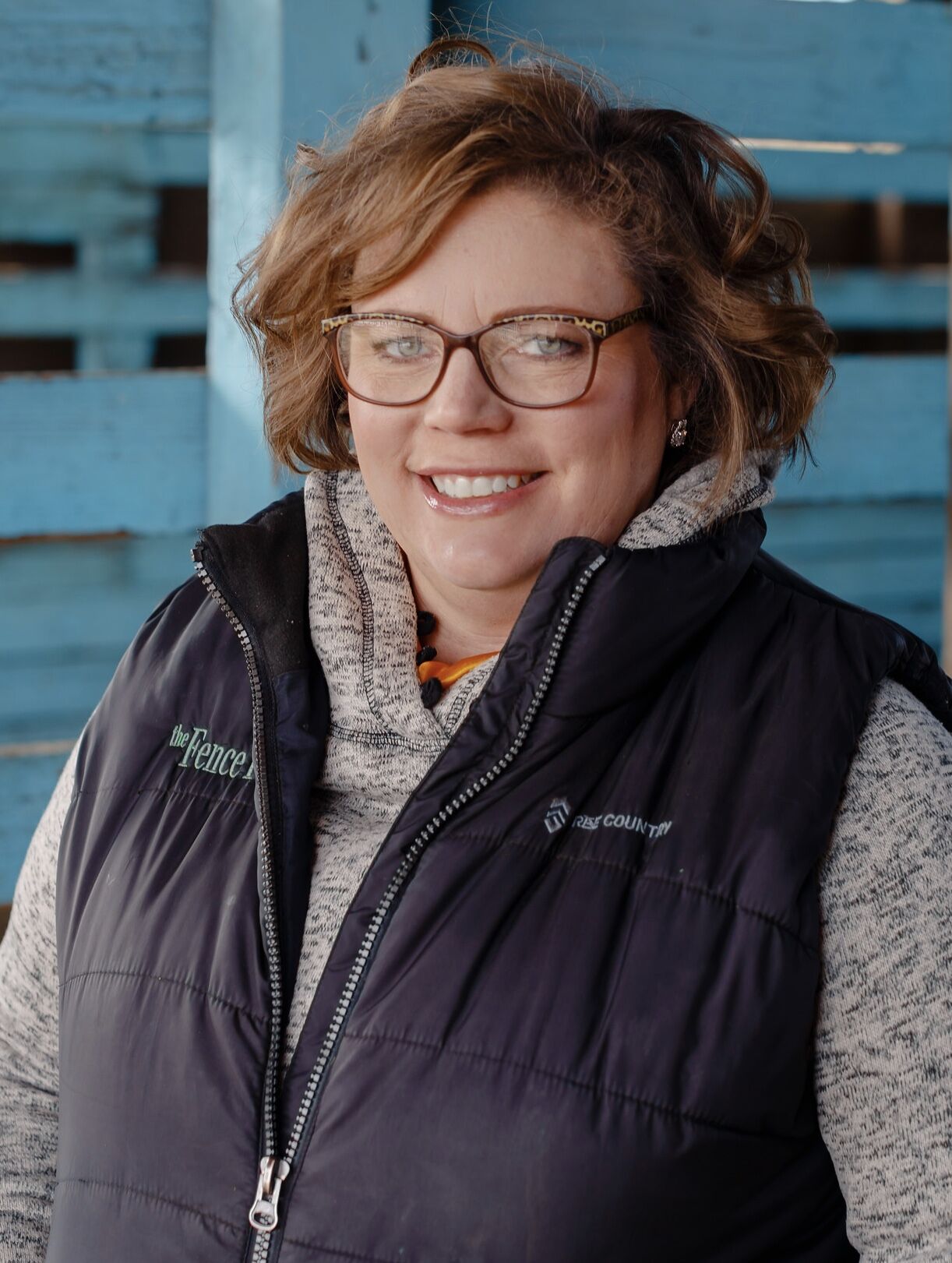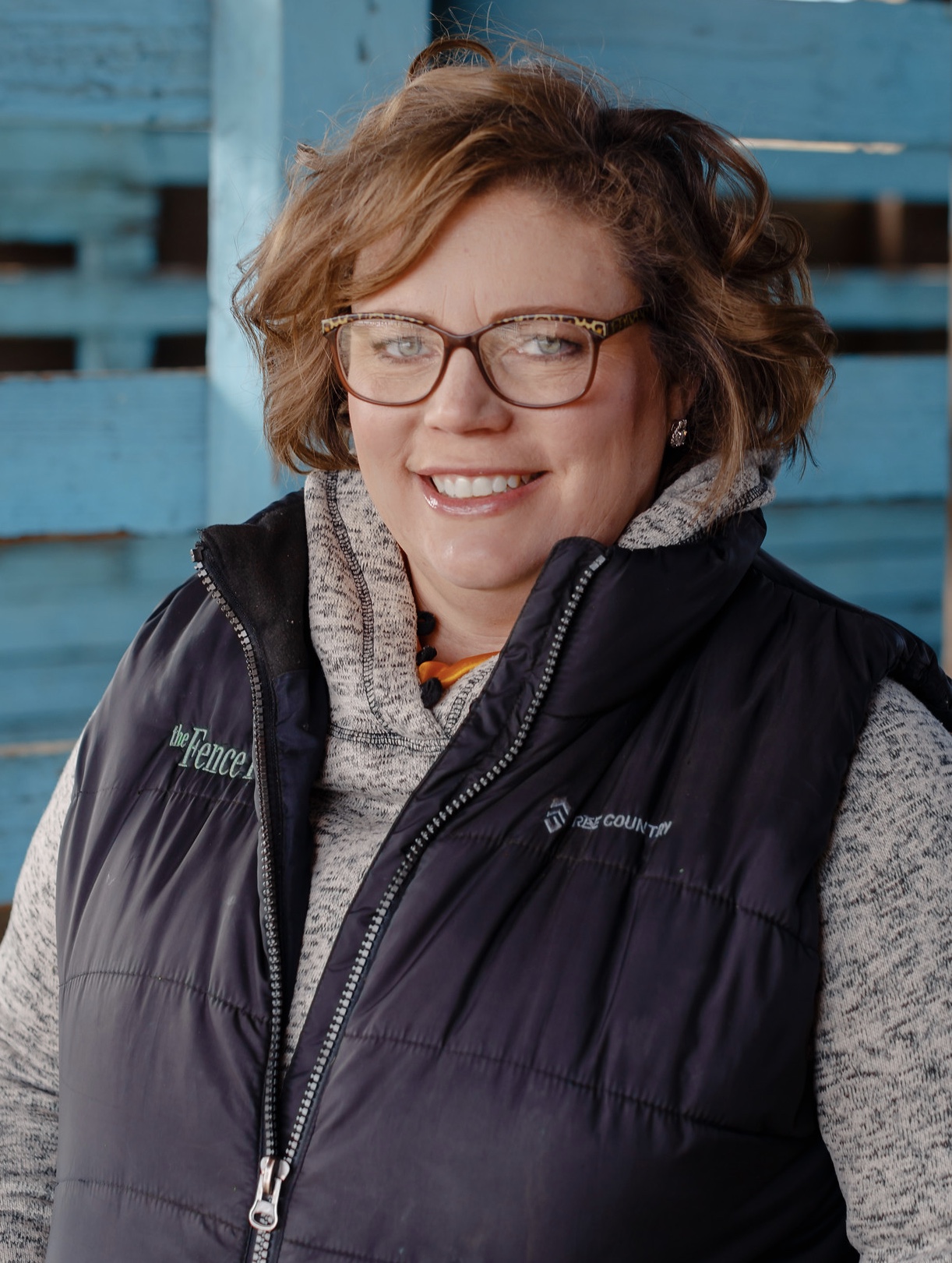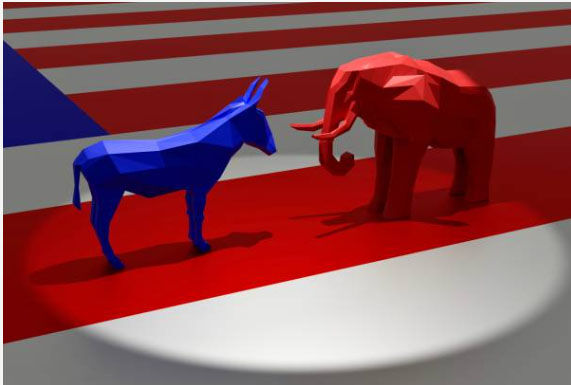GABEL | A bill to empower smaller livestock markets


The Packers and Stockyards Act of 1921 was designed to ensure competition and integrity in livestock, meat and poultry markets. It was penned in an era when ranchers brought cattle on a railcar to a terminal market, like the Denver Union Stockyards Company. The cattle were sold by commission men to the various packers that had facilities within a stone’s throw of the market facility, if not within its boundaries. The meat-packing companies, or packers, often owned the stockyards or the rail company or the canning facility nearby. Transparency and fairness were sorely lacking for producers.
The PSA certainly has its faults, and unlike the business of marketing cattle, it has changed very little over the past 100 years. When the PSA was written, it was in response to packer concentration as the “Big Five,” the major packers at the time, Armour, Swift, Morris, Wilson and Cudahy, had monopolistic control of meat prices.
According to a 1917 Federal Trade Commission investigation and the commission’s 1918 Report of the Federal Trade Commission on Meatpacking Industry, the Big Five was found to have not only “a monopolistic control over the American meat industry, but have secured control, similar in purpose if not yet in extent, over the principal substitutes for meat, such as eggs, cheese, and vegetable oil products, and are rapidly extending their power to cover fish and nearly every kind of foodstuff.”
At the time, the Big Five “held extensive ownership in stockyards, railcar lines, branch houses and other facilities used in the distribution of perishable foods.” At the time of the report, the percentage of commercial slaughter controlled by the Big Five was 70% of total slaughter of all species. As a result, President Woodrow Wilson’s attorney general forced the Big Five to consent decree under the 1902 Sherman Anti-Trust Act, driving them out of non-meat production, including stockyards, warehouses, wholesale and retail.
Today, the Big Five are the Big Four – Cargill, Tyson, JBS, and National – and they control 85% of beef packing capacity in our country.
The brittle nature of the supply chain was illuminated during COVID and resulted in processing gluts, volatile cattle and beef prices, uncertainty and the Biden Administration’s executive order seeking to promote competition in the economy. To promote competition within the meatpacking space, however, more processing capacity – or “shackle space” –must exist and it comes with a hefty price tag and a slew of challenges, the least of which is not labor shortages.
As part of the PSA, owners of livestock markets have been prevented from owning an interest in a packing facility. Rep. Vicky Hartzler (R-Missouri) and Congressman Jimmy Panetta (D-California) introduced the Amplifying Processing of Livestock in the United States (A-PLUS) Act, in the United States House of Representatives last week. If enacted, it would allow livestock market owners to invest in small and mid-sized packing facilities.
In the current cattle industry, as producers are begging for packing capacity and increased competition, the act makes good sense. Granted, a small to mid-sized packer – under the act, the capacity would be capped at 2,000 head-per-day or 70,000 head annually – won’t compete with the big boys who process tens of thousands per day. But the change would help modernize the rules, and could very well add competition at the auction barn that would result in higher cattle prices paid to ranchers, and more packing capacity that would result in lower prices for consumers at the meat case.
Today, cattle buyers can travel to a livestock market for a piece of pie and then put their hand in the air to buy cattle sold at a price that is determined in the most classic way. As buyers bid on cattle, it is the most accurate means of price discovery. Unlike during Woodrow Wilson’s administration, cattle buyers today can bid and purchase livestock online on their phone. Allowing investment in the packing space by companies with a vested interest in bringing their customers better cattle prices through competition is a baby step. But for producers living in the shadow cast by huge multinational packers, it might just help.
Rachel Gabel writes about agriculture and rural issues. She is assistant editor of The Fence Post Magazine, the region’s preeminent agriculture publication. Gabel is a daughter of the state’s oil and gas industry and a member of one of the state’s 12,000 cattle-raising families, and she has authored children’s books used in hundreds of classrooms to teach students about agriculture.













